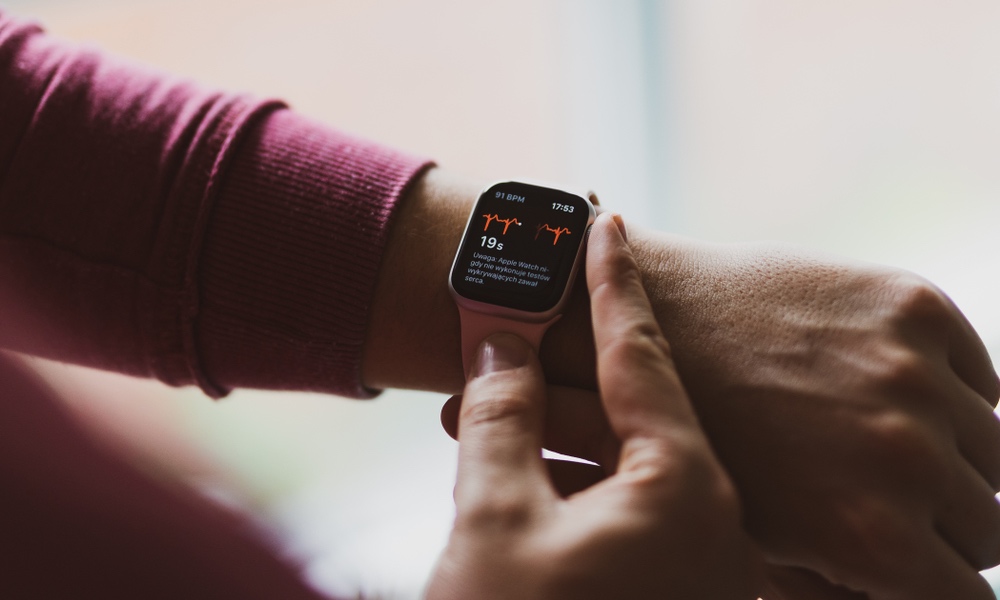This Woman’s Apple Watch Detected a Heart Condition That Her Hospital’s ECG Missed
 Credit: guteksk7 / Shutterstock
Credit: guteksk7 / Shutterstock
Toggle Dark Mode
While there’s been some debate about whether you can trust the Apple Watch heart monitor in every situation, there’s absolutely no arguing that it’s very often helped to save lives by alerting people to conditions that they may not have otherwise known they’ve had, from cases of atrial fibrillation to other even less common heart conditions.
In fact, numerous studies have shown that the Apple Watch is remarkably accurate at pointing out potentially serious heart conditions, but most medical professionals have generally agreed that the Apple Watch is an advance warning system at best, and definitely not a replacement for a proper medical diagnosis. After all, one would think that the considerably more sophisticated and expensive equipment found in hospitals should do a better job of accurately diagnosing heart conditions.
While in most scenarios, we’re quite certain that’s true, it may not always be, as a new article from the European Heart Journal reveals. According to the report, which was shared by 9to5Mac, an Apple Watch belonging to an 80-year-old woman in Mainz, Germany actually detected a heart condition that was completely missed by her hospital’s ECG.
The Apple Watch Saves the Day
The woman, whose name is not given in the article, had a work history as an engineer and arrived at the hospital complaining of chest pains, irregular heart rhythms, and lightheadedness — all Canadian Cardiovascular Society Class III symptoms typical of angina. The woman had a previous medical history that included a variety of heart conditions, including arterial hypertension and atrial fibrillation, however when they conducted a standard 12-channel ECG, they found no evidence of any heart problems.
However, followed the ECG, the patient showed doctors previous measurements taken with her Apple Watch, which revealed frequent episodes of “ectopic beats” along with “tracings with marked ST-segment depression” — medical terms for conditions that led to a diagnosis of myocardial ischemia, despite the hospital ECG showing “no evidence for ischemia.”
Myocardial ischemia, as explained by The Mayo Clinic, is a condition that causes reduced blood flow to the heart, usually as a result of a “partial or complete blockage of your heart’s arteries,” and can lead to other problems due to the heart muscle being deprived of the oxygen that it needs to function properly.
So had it not been for the woman’s Apple Watch readings convincing the doctors to take a much closer look, her condition may have actually gone undiagnosed. However, the Apple Watch ECG data, despite being much less detailed single-lead recordings, led to her receiving treatment in the form of coronary artery stenting, and she was able to leave the hospital the next day.
‘An Apple a Day…’
Although for various reasons Apple has only advertised the Apple Watch as being able to warn about very specific conditions, such as atrial fibrillation (Afib), the authors of the European Heart Journal report suggest that may also be quite useful for detecting myocardial ischemia going forward.
An apple a day may keep myocardial infarction away.
European Heart Journal
While the Apple Watch ECG app itself won’t offer any specific guidance for conditions other than Afib, and unusual readings may not even be obvious to non-medical folks, the heart data collected by the Apple Watch can provide a lot more information for doctors to analyze, especially since it’s generally collected over a much longer period of time rather than as the kind of “spot check” that occurs when a patient is hooked up to a hospital ECG machine.






